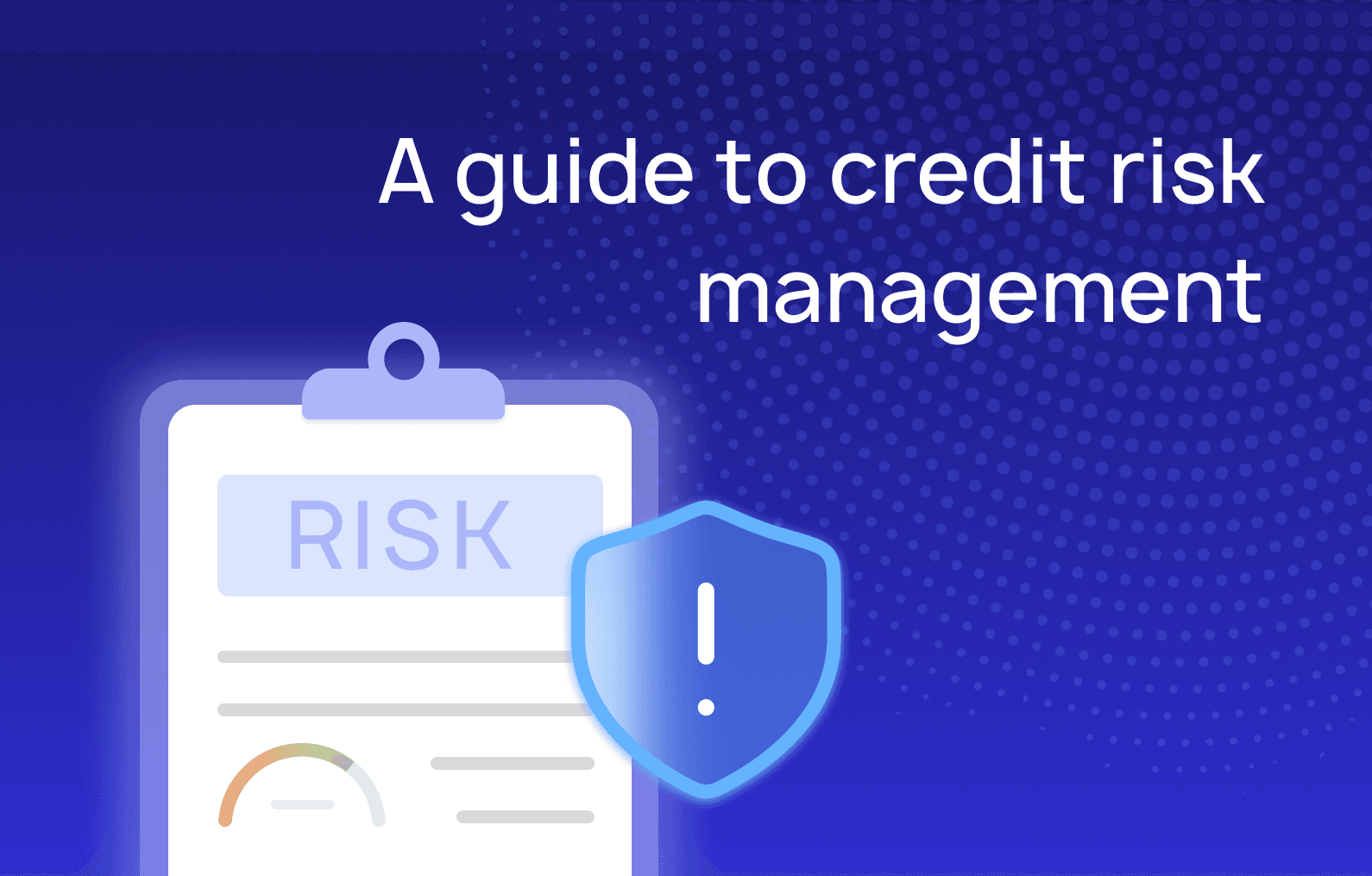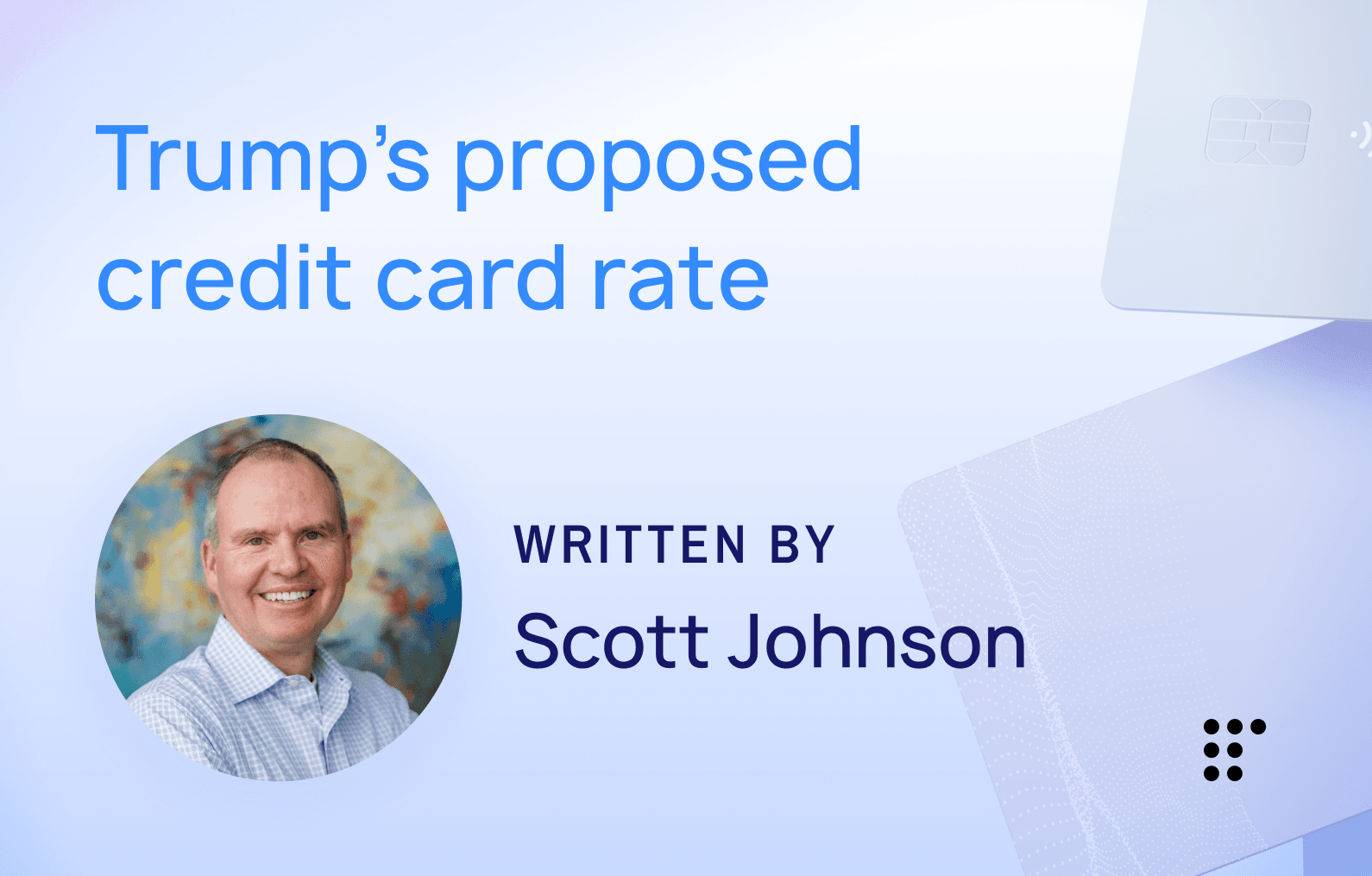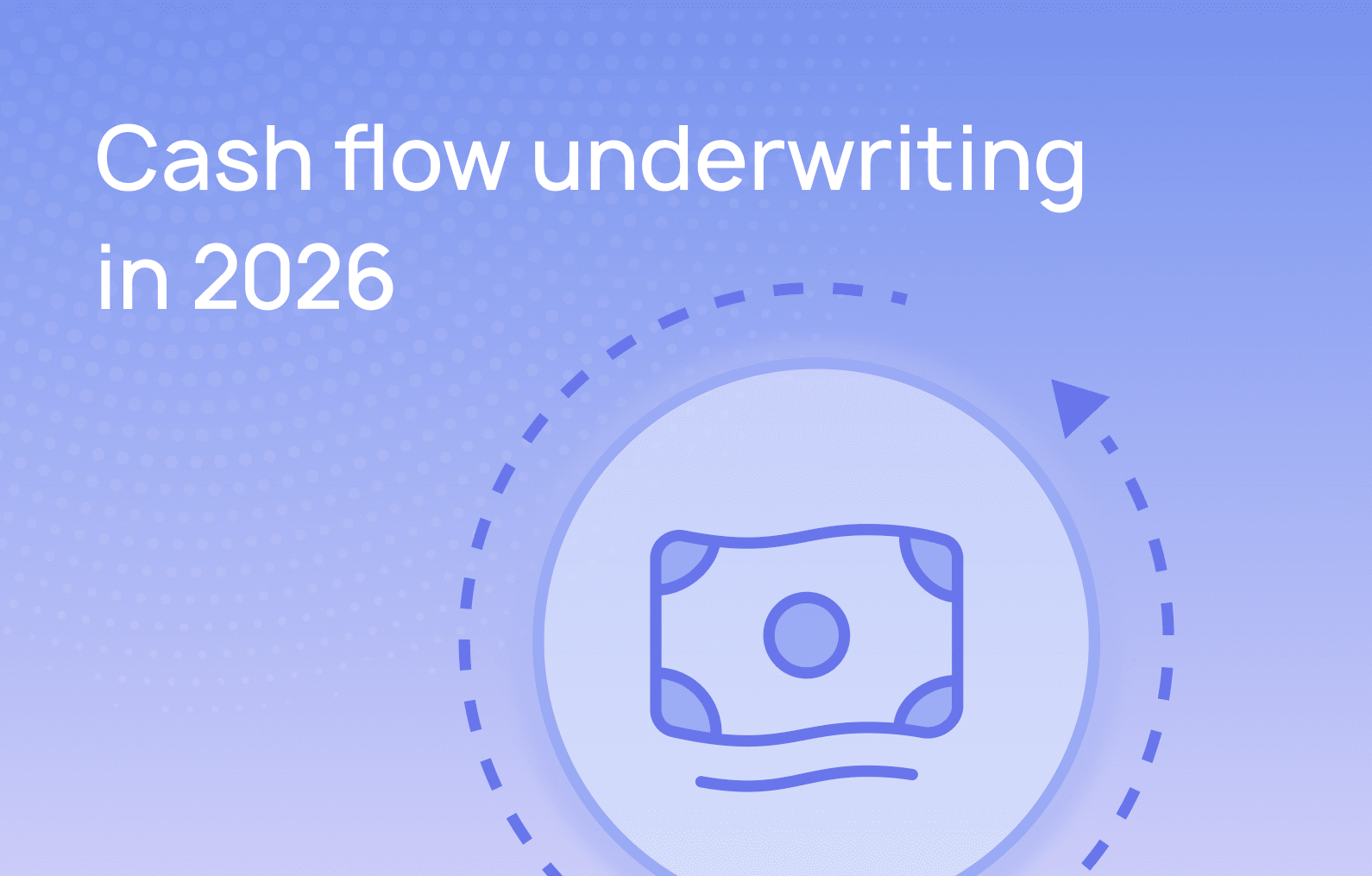Understanding vehicle repossession laws by state
Repossession is a vital part of automotive lending, allowing lenders to mitigate risks when extending credit, and ultimately expanding access to credit and to transportation for countless borrowers.
But at the same time, vehicle repossession laws can be a web of state and local regulations. Each state has different requirements for when repossession can begin, what notices must be sent, and how the process must be handled. Understanding car repossession laws by state means a creditor needs to proactively seek out information from multiple jurisdictions to stay compliant.
This post will go over the different areas where regulators commonly put consumer protections in place, giving you a shortlist of compliance areas to look into for each local jurisdiction where you operate. We'll also look at specific examples of how repossession laws differ in states like Texas, California, and Florida, and explain how modern loan servicing platforms help lenders navigate these varying requirements.
How the vehicle repossession process works
Generally, a lender can begin the vehicle repossession process as soon as the account becomes delinquent. In some states, that means the borrower has missed just one payment, but others set higher thresholds, such as a certain amount or number of days past due before a lender can repossess the vehicle. Understanding how long the repossession process takes depends heavily on your state's specific requirements and the borrower's response.
The lender's original loan or lease contract typically includes all the legal protections they need to repossess it, so they don't need an additional court order. However, the lender needs to make sure they don't "breach the peace" by making a scene or threatening force.
In most states, an automatic stay of repossession will go into effect when a borrower files either Chapter 7 or Chapter 13 bankruptcy. This automatic stay of repossession actually makes it illegal to repossess the collateral without a further court order.
Additionally, some states only allow vehicle repossession for automobiles, but others allow lenders to repossess other collateral, like boats, ATVs, or motor homes.
Working with repossession agents
Once the decision has been made to repossess a vehicle, the lender will hire a repossession agent, who will collect it either with a tow truck or a copy of the vehicle's keys. Repossession agents have rules they must follow under auto repossession law. They can't break into a locked garage or use physical force to remove a person from their car.
Some states have specific licensure requirements both for acting as a repossession agent as well as operating a tow truck. Other states require that you give advance notice to the police. We recommend notifying law enforcement even if your state doesn’t expressly require it, as it can prevent misunderstandings.
Repossession hold period requirements
Many states require you to hold a repossessed vehicle for a certain number of days before selling it, and may also require you to send the borrower a notice of intent, telling them that you plan to auction the vehicle. This waiting period (sometimes called a repossession hold) allows the borrower to either pay off or come current on the debt before the vehicle is sold. Understanding vehicle repossession laws by state is critical here, as hold period requirements vary significantly.
It’s also your last real chance to work with the borrower and get them re-engaged with their payments. While some might see repossession as the point of no return, these hold periods exist precisely so that borrowers have a last chance to start making payments and get access to the vehicle again. Losing their transportation could significantly disrupt the borrower’s work and day-to-day life; they have a major incentive to resume payments. An adjusted payment schedule or hardship relief program might just be the help they need to get back on their feet, and in turn could build enough trust and loyalty to win you a lifelong customer.
And in most states that have an automatic stay of repossession, that stay of repossession will still go into effect if the borrower declares bankruptcy after the vehicle is recovered. In those cases, you would be restricted from reselling the vehicle without a further court order, and you may even be required to return the vehicle to the borrower.
The repossession auction process
If the repossession hold period ends and the borrower hasn't come current on their account, then the car is sold at public auction. How long does the repossession process take for a car from recovery to auction? Typically between 15 to 60 days, depending on state requirements and hold periods. The vehicle will be cleaned out and sanitized, which usually costs between $20 and $50.
If the borrower had left any personal belongings in the vehicle when it was repossessed, you’ll need to provide them with a notice and opportunity to retrieve them. Best practices are to photograph all the contents while they’re still in the vehicle, and then have them removed during cleaning so that the former borrower does not need direct access to the vehicle when they retrieve their belongings.
The lender is required to inform the borrower when and where the auction will take place under both state vehicle repossession law and federal requirements. From there, the money paid for the car in public auction goes toward the original principal balance, and anything left over becomes unsecured debt for the borrower.
Vehicle repossession laws by state: Key examples
- Texas repossession laws: In Texas, lenders can begin the repossession process after just one missed payment, and no advance notice to the borrower is required. However, the repossession must not breach the peace, and repo agents cannot enter a locked garage or use force. Texas law also has specific rules around personal property left in repossessed vehicles, requiring lenders to notify borrowers within 15 days and provide a reasonable opportunity to retrieve their belongings.
- California repossession laws: California requires lenders to provide written notice within 60 days after repossession and at least 15 days before selling the vehicle. This notice must include redemption rights (paying the full balance) and, in most cases, reinstatement rights (catching up on missed payments). The state has some of the strictest consumer protections in the country, including detailed disclosure requirements for deficiency balances and the right to request a 10-day extension on the redemption period.
- Florida repossession laws: Florida allows repossession after a single missed payment without prior notice, but requires lenders to send written notice at least 10 days before selling the vehicle at auction. Personal property must be inventoried and held for 45 days, with clear instructions provided to the borrower for retrieval. Florida law also requires that repossessed vehicles be sold in a commercially reasonable manner.
- Ohio repossession laws: Ohio permits self-help repossession as long as it doesn't breach the peace, and lenders can begin the process as soon as the borrower defaults. Within five days of repossession, lenders must send a notice of default and right to cure. The state requires written notice of the time and place of any public sale, and borrowers have the right to redeem their vehicle by paying the full amount owed plus repossession costs before the sale occurs.
For more information on specific states' regulations, we recommend reading the state requirements list from the American Recovery Association (ARA). And as always when discussing regulations, you should work with your compliance officer or legal team to make sure everything is above board.
LoanPro solutions
LoanPro has several tools that can help auto lenders streamline repossessions and mitigate losses while staying compliant across all 50 states.
First and foremost, however, it's important to note that repossession is not a way that lenders can automatically recover all the money they lost as a result of a defaulted loan. Typically, repossessing a car will only help the lender regain approximately 30% of the loan value. Long before repossessing collateral, you can help decrease delinquencies and prevent defaults through tools like personalized communication or hardship relief programs.
When an account does default and repossession is necessary, LoanPro has a direct integration with the Recovery Database Network (RDN), allowing you to automatically initiate repossessions and auctions, with accounts being updated with the appropriate statuses, portfolios, and processes within LoanPro.
To keep compliant with varying state repossession laws, LoanPro's Compliance Guardrails can adapt your repossession processes to match the requirements for each borrower's state. Using automations, checklists, and walkthroughs that guide your agents through each step of the process, we can make sure that accounts smoothly go through your repossession process, and modify that process based on both local laws and your own business logic.
Navigating repossession laws is just one piece of the compliance puzzle. For regular updates on regulatory changes, best practices, and compliance strategies across auto lending, subscribe to our Keeping Up with Compliance newsletter on LinkedIn.




